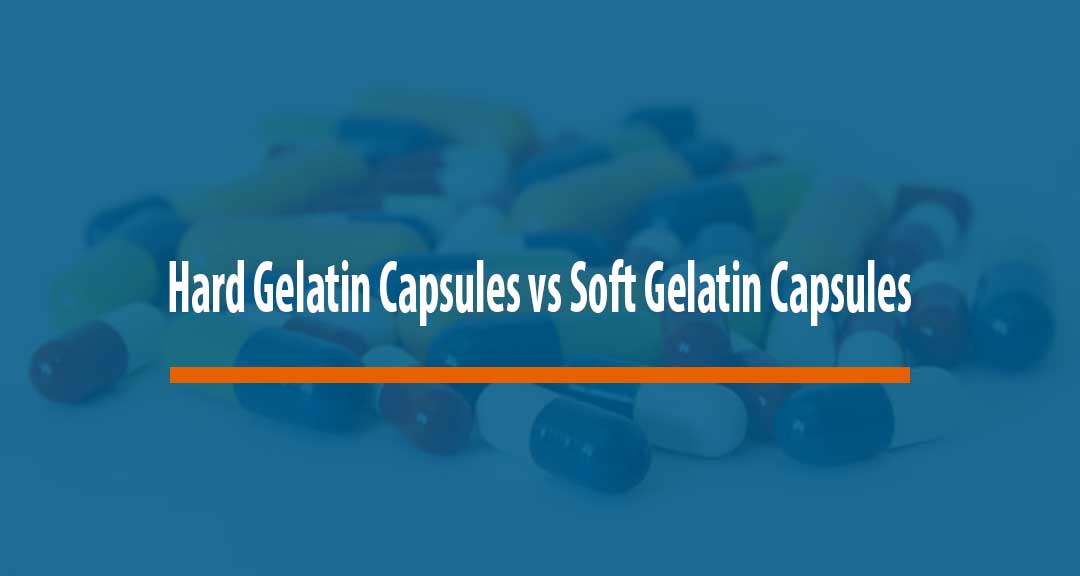Hard Gelatin Capsules Examples and Soft Gelatin Capsules Examples: What Are the Differences?

Capsules are popular dosage forms in pharmaceuticals and nutraceuticals. Capsules are made from two halves, a cap, and a body, that fit together to enclose the drug or vitamin extract in a container that is easy to swallow. There are two types of capsules, hard gelatin capsules, and soft gelatin capsules. In this blog, we will explore the differences between the two and provide examples of each type.
Hard Gelatin Capsules Examples
Hard gelatin capsules are made from a combination of gelatin, water, and a plasticizer such as glycerin or sorbitol. These capsules are hard and remain intact at room temperature. The drug or vitamin extract is placed inside the capsule, and then the two halves are snapped shut. The capsules can then be packaged and sold.
One advantage of hard gelatin capsules is their stability. They are less likely to be damaged during transport or storage, as they do not easily break or crack. They are also easier to manufacture, fill and seal.
Examples of hard gelatin capsules include:
1. Ibuprofen capsules – used to relieve pain and reduce inflammation.
2. Magnesium capsules – used to treat magnesium deficiency.
3. Multivitamin capsules – used to supplement the body with the vitamins it needs.
4. Omeprazole capsules – used to treat acid reflux and stomach ulcers.
5. Paracetamol capsules – used to relieve pain and reduce fever.
Soft Gelatin Capsules Examples
Soft gelatin capsules, or softgels, are made from a mixture of gelatin, water, and a plasticizer such as glycerin or sorbitol. However, softgels have a distinct advantage in that they contain a liquid or gel-like center, rather than a solid powder. The liquid center allows for greater absorption and faster onset of action.
Softgels are flexible and can easily be chewed, unlike hard gelatin capsules which must be swallowed whole. They can also be quickly dissolved by stomach acids, making them a preferred form of medication for people with digestive issues.
Examples of soft gelatin capsules include:
1. Fish oil softgels – used to obtain omega-3 fatty acids which are essential for the body.
2. Vitamin E softgels – used as a dietary supplement to maintain good health.
3. Probiotic softgels – used to improve gut health and boost immunity.
4. Coenzyme Q10 softgels – used as an antioxidant and to improve heart health.
5. Garlic oil softgels – used for lowering blood pressure and as an antioxidant.
Conclusion
In conclusion, both hard gelatin capsules and soft gelatin capsules have their advantages and disadvantages. Hard gelatin capsules are stable and easy to manufacture, while softgels are easy to swallow and have a faster onset of action due to their liquid center. The choice between the two depends on the characteristics of the medication and the patient's preference. As consumers, it is important to consult a healthcare professional before taking any medication or dietary supplements.